India calls to strengthen economic relations with the United States under President Trump
India has reiterated its call for stronger economic ties with the United States, emphasizing the importance of deepening trade and investment partnerships under the administration of President Donald Trump. This statement comes as part of India’s broader strategy to align itself with major global economic powers, bolster its own economy, and tap into new opportunities for growth through partnerships with world-leading nations, especially in the context of shifting global geopolitical dynamics.
In this post, we will explore India’s aspirations for strengthening its economic relationship with the U.S., the key areas of cooperation between the two countries, the challenges and opportunities in the evolving bilateral relationship, and the potential long-term benefits for both nations.
The Importance of U.S.-India Relations
The relationship between India and the United States has seen significant growth over the years, driven by shared democratic values, a common interest in promoting peace and stability, and the increasing importance of both countries in the global economy. As the world’s largest democracy and one of the fastest-growing economies, India is a key player in the Indo-Pacific region, while the U.S. remains a dominant global economic and political power.
Economic cooperation between the two nations has become a cornerstone of the relationship, with trade between the U.S. and India steadily increasing over the past few decades. However, despite these gains, both countries have recognized that there is still substantial untapped potential for collaboration in areas such as trade, technology, defense, and infrastructure.
Key Areas of Focus for Strengthening Economic Ties
- Trade and Market Access
One of the primary goals for India is to increase trade with the United States, particularly in sectors where India has a competitive advantage, such as information technology, pharmaceuticals, and textiles. The United States is already one of India’s largest trading partners, and India has called for greater market access for its goods and services.
India hopes to resolve existing trade imbalances and tariff issues that have sometimes strained bilateral relations. In particular, India is keen to see reduced tariffs on key exports such as agricultural products, textiles, and engineering goods. Conversely, the U.S. is also looking for better access to the Indian market, particularly in sectors such as agriculture, dairy, and high-tech industries, where U.S. companies can benefit from India’s growing demand.
- Investment and Infrastructure Development
Another key area of cooperation lies in increasing foreign direct investment (FDI) flows between the two countries. India has long been one of the largest recipients of U.S. investment, especially in technology, defense, and manufacturing. However, there is potential to boost FDI even further through policy reforms and collaboration on large-scale infrastructure projects.
Under the Trump administration, India has shown interest in attracting more U.S. investment, particularly in infrastructure development. This includes areas such as roads, ports, railways, and urban infrastructure, which are essential for India’s rapid economic growth and urbanization. The U.S. can provide the necessary technology, expertise, and capital to assist in these large-scale infrastructure projects, thereby contributing to India’s continued development while also benefiting U.S. companies.
- Technology and Innovation
The technology sector is a major pillar of the U.S.-India economic relationship, and India has consistently advocated for greater collaboration with the United States in fields such as artificial intelligence, cybersecurity, space exploration, and renewable energy. The U.S. is home to some of the world’s leading technology companies, and India, with its large and growing tech ecosystem, offers a dynamic market for innovation.
India is seeking to leverage its digital transformation to boost sectors like e-commerce, fintech, and health tech. By strengthening partnerships in technology, both countries can benefit from mutual advancements in digital infrastructure, cutting-edge innovations, and joint ventures in research and development. Collaboration in these areas can also help address some of the key challenges in the global economy, such as climate change and cybersecurity.
- Defense and Security Cooperation
While not purely an economic issue, defense and security cooperation plays a crucial role in strengthening U.S.-India relations. Both countries have increasingly recognized the need to collaborate on defense technology, intelligence sharing, and counter-terrorism efforts, particularly in the context of regional security challenges in the Indo-Pacific region.
Through defense agreements and joint military exercises, the U.S. and India have been working together to build a strategic partnership. By continuing to build this cooperation, both nations can ensure stability in the region, which in turn contributes to a favorable environment for economic development.
Challenges in Strengthening Economic Ties
Despite the many opportunities for collaboration, there are several challenges that both India and the U.S. must address to further strengthen their economic relationship. These challenges include:
- Trade Disputes and Tariffs
Although both nations recognize the importance of expanding trade, there have been significant disputes over tariffs, trade barriers, and market access. Under President Trump, the U.S. imposed tariffs on a range of goods, including steel and aluminum, which affected India’s export industries. Conversely, India has been vocal about the tariffs imposed by the U.S. on its goods, particularly in areas such as agricultural exports.
Resolving these trade disputes and creating a more balanced trade environment will be crucial for strengthening economic ties.
- Intellectual Property Concerns
Intellectual property rights (IPR) and patent protections have been a point of contention between the two nations. The U.S. has often raised concerns about India’s IPR laws, particularly in areas such as pharmaceuticals, where India is a major producer of generic drugs. India, on the other hand, has defended its policies as being in the best interest of public health and affordable medicine.
Both countries will need to find common ground on IPR issues to foster an environment that encourages innovation and protects the interests of businesses and consumers alike.
- Geopolitical Tensions in the Region
Geopolitical tensions in the Indo-Pacific region, particularly concerning China’s growing influence, could also impact the economic relationship between India and the U.S. While both nations have a shared interest in countering China’s assertiveness in the region, they must also navigate their own strategic interests and regional relationships carefully to avoid conflicts of interest.
The Long-Term Benefits of Strengthening Economic Ties
Strengthening economic relations between India and the United States would have significant long-term benefits for both nations. For India, deeper economic engagement with the U.S. can contribute to higher levels of investment, access to advanced technologies, and improved infrastructure—all of which are essential for sustained economic growth.
For the United States, a stronger economic partnership with India provides access to one of the world’s largest and fastest-growing consumer markets. India’s rising middle class and its young, tech-savvy population represent a significant opportunity for U.S. companies looking to expand their global reach.
Moreover, closer economic ties between India and the U.S. could have broader geopolitical implications, contributing to greater stability in the Indo-Pacific region and creating a counterbalance to China’s growing influence.
In Conclusion
India’s call to strengthen economic relations with the United States under President Trump reflects both countries’ recognition of the immense potential for collaboration. With opportunities in trade, investment, technology, and defense, the U.S. and India are well-positioned to build a robust economic partnership that benefits both nations.
However, challenges such as trade disputes, intellectual property concerns, and geopolitical tensions will need to be addressed to ensure that the economic relationship continues to grow. By resolving these issues and focusing on shared interests, both India and the U.S. can lay the foundation for a stronger, more prosperous future together.
The future of U.S.-India relations remains bright, and the ongoing dialogue between the two countries will play a critical role in shaping the global economic landscape in the coming years.
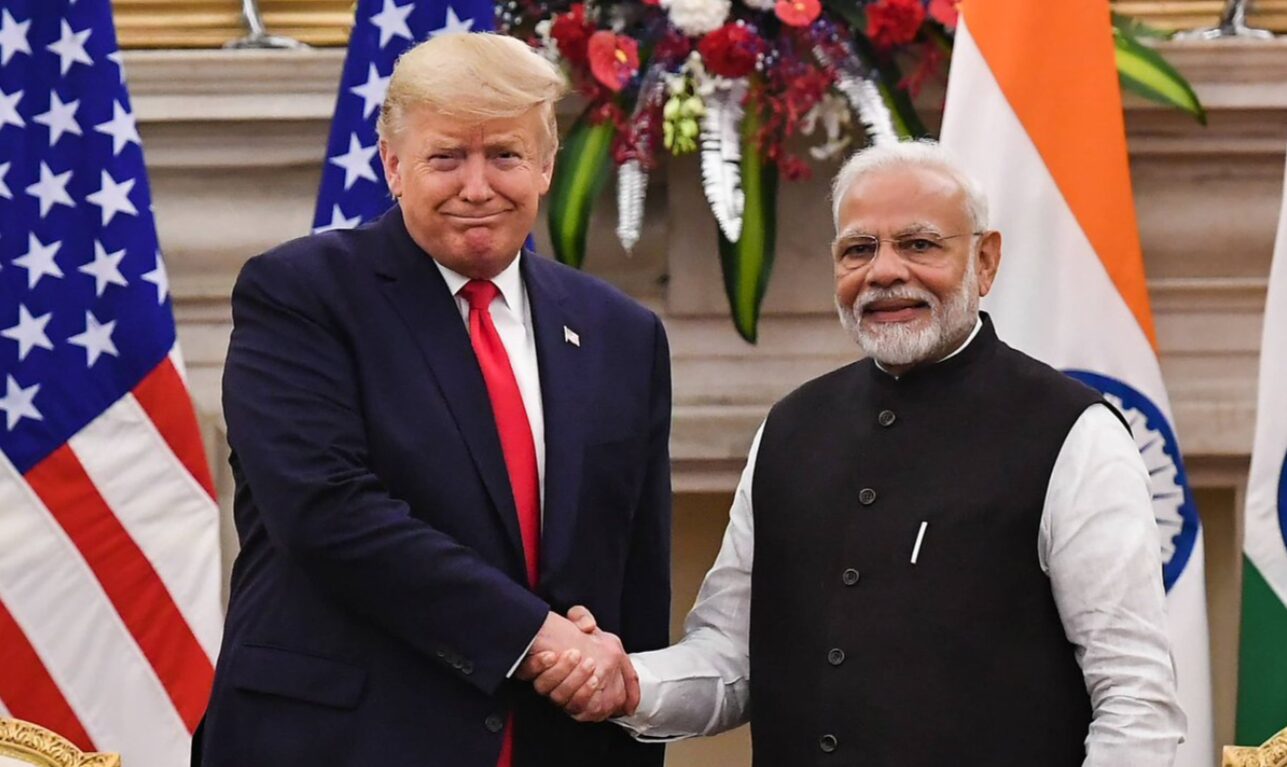
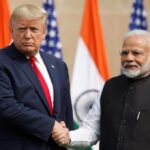



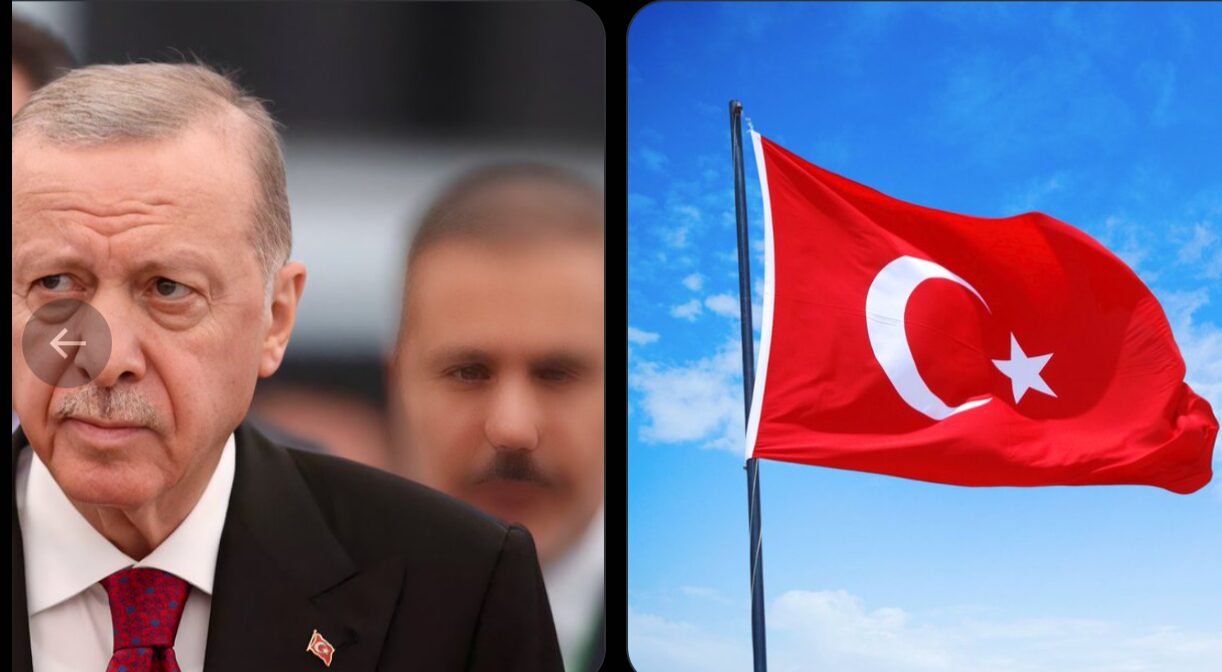
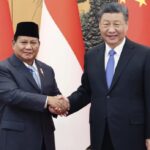
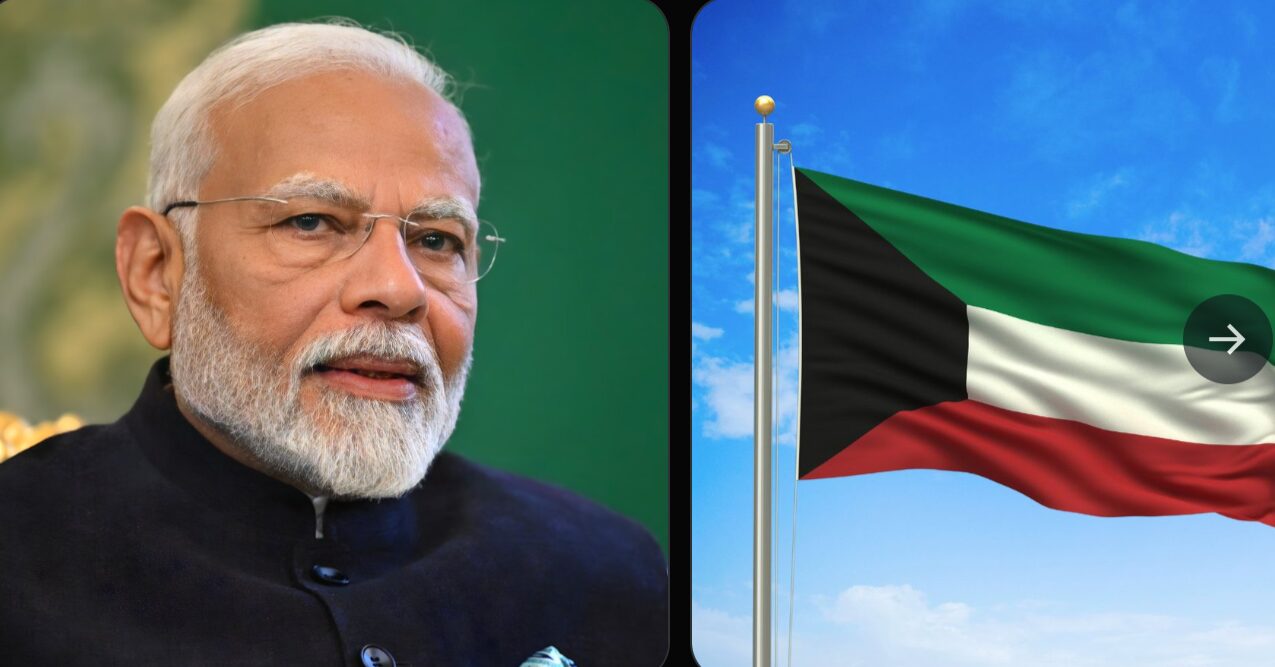
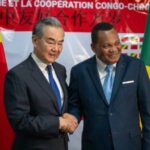








Post Comment